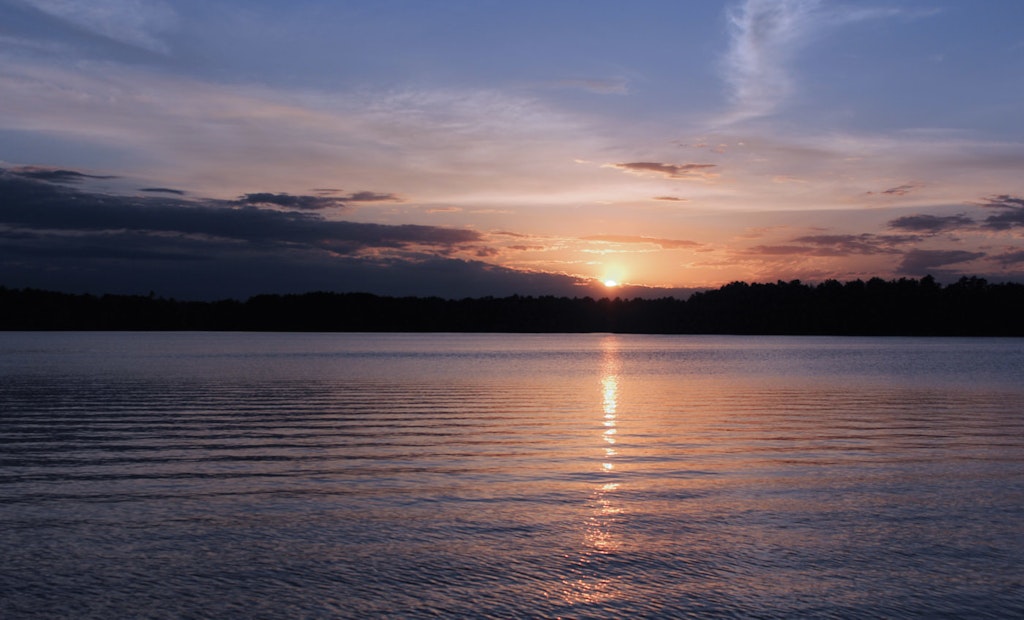Liquid. Gas. Solid. Water takes multiple forms. Its solid form is what’s on my mind because, well, it’s still winter in Wisconsin.
I was ice fishing one Saturday back in early March. For the uninitiated, we from the far north, mostly out of a lack of other worthwhile entertainment in the dead of winter, drill holes on frozen lakes and fish through the ice. For me, more than anything, it’s motivation to get out of the house and hang out with friends when the natural tendency would be to stay comfortably within the warm and friendly confines of my home.
I fish on a flowage system on the Wisconsin River, created by a dam ori-ginally built in the 1800s to support the logging and paper industries. The Wisconsin River was long known as the hardest working river in America due to the vast industry it supported, and while some of those paper mills have since closed, many still loom large over the river and all who use it. Some of those mills may have gone, but their legacy has not.
The flowage where I catch embarrassingly small northern pike in even more embarrassingly small numbers is right above the dam where the river’s industrial legacy really begins. Its dark, tannin-stained water is relatively common for the area and isn’t an indication of poor water quality. In fact, the water downstream is much cleaner than it was three or four decades ago.
On the flowage, it’s not industrial byproducts that taint the water. Yard fertilizers, boats, and the trash people throw overboard — or leave on the ice in winter — are among the biggest pollutants. It’s disheartening because those are the easiest things to control on an individual level.
It’s nothing to take a drive across the ice (we do that up here, too) and see beer cans, empty plastic bottles, wrappers, potato chip bags, broken lids from Styrofoam minnow buckets and just about any other type of trash blowing in the cold winter wind. As utility operators, that’s certainly nothing you can fully control. But, you have a platform to educate the public on the water cycle and its importance to every aspect of life.
Water quality affects us all in ways that aren’t always top of mind, especially for those outside the industry. The water we swim in, the water that supports industry, the water that keeps our gardens growing — it’s also the water we drink. Protecting those resources is everyone’s responsibility, but you are the true stewards. Most will never understand the significance of what you do, but I hope you’ll take every opportunity to educate the public and help turn casual bystanders into champions of our water resources.
The Earth isn’t making any more water. What we have is what we have. Anything you can do to educate the public about the significance of treating our waterways with the care and respect they deserve can go a long way in preserving those resources for future generations.
Enjoy this month’s issue.






